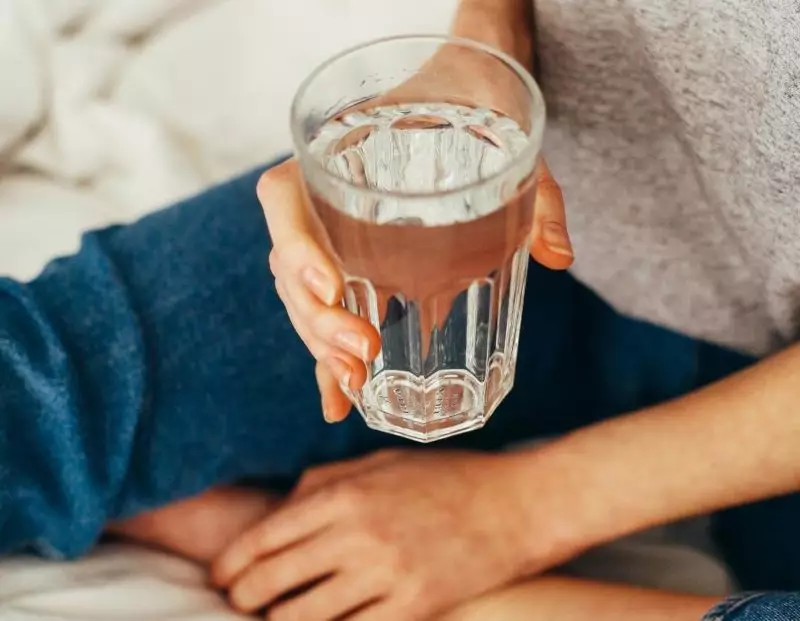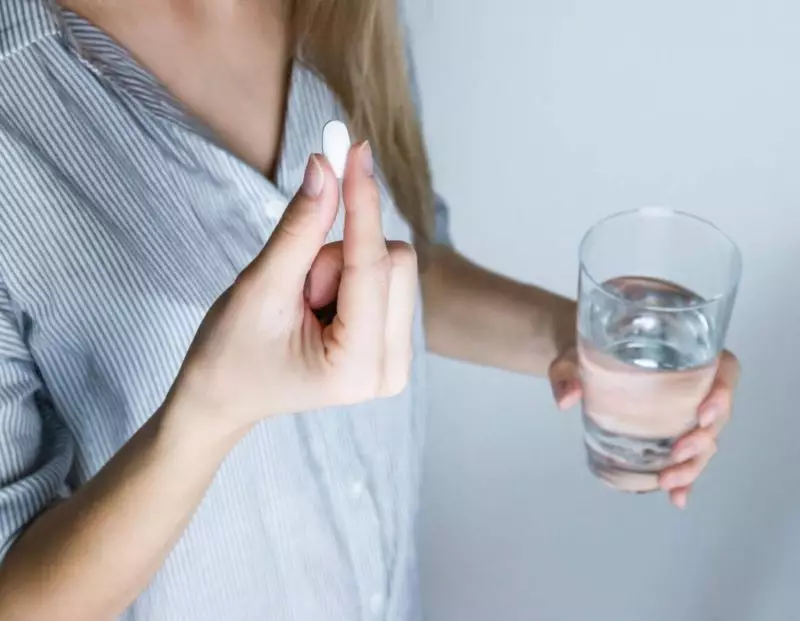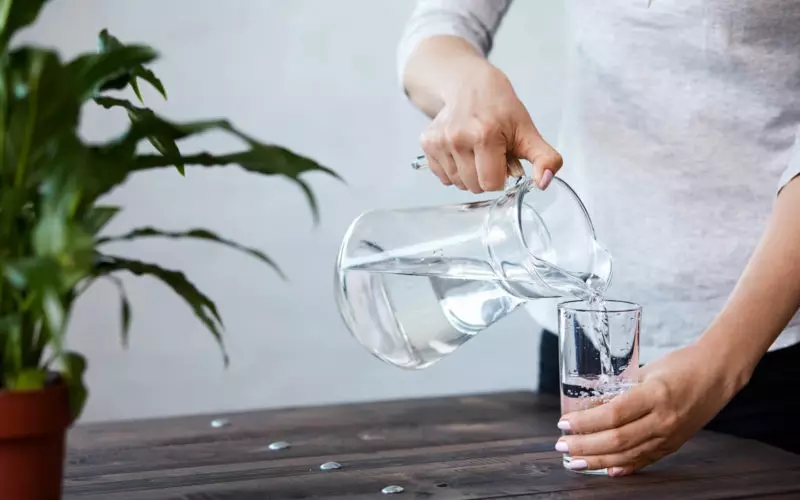
When experiencing incontinence, you likely suffer from bladder control issues and leak urine. The leakage is likely uncontrollable, and the impact on your life is significant. Short trips out become a concern and laughing, or sneezing can result in accidents.
When your urinary system works as designed, the kidneys, ureters, bladder and urethra filter store remove waste from your body. Your bladder is the storage tank of your urinary system and holds the urine in place until the brain senses a signal to release a muscle which allows the urine to flow freely through the urethra. When this is working properly, you can get to the bathroom before releasing the sphincter muscle; it becomes more challenging when incontinence hits.
While many believe this is a normal part of ageing, it is something that you can counter. Then, when incontinence does occur, there are ways you might be able to counter some of the adverse effects. We explore some of these ideas here.
Pelvic floor exercises
Kegel exercises are one way to strengthen the pelvic floor, which supports everything from the uterus and bladder to the small intestine and rectum. You can do these exercises almost anywhere. While most often done during pregnancy, there is no reason why these exercises couldn’t be used for those who unexpectedly leak urine.
It is best not to do these exercises while urinating. Do these as part of your daily routine, maybe as you start work at your desk in the morning.

Improve your diet
While no diet can cure incontinence, food and drinks can exacerbate the symptoms. For instance, caffeine increases bladder activity. It is not just in coffee either; you will find it in tea and cocoa beans, in some of your soda, foods you eat and some over-the-counter medications.
Alcohol can also increase the urgency and regularity of going to the toilet, as it acts as a diuretic. Some studies have also shown a similar limited impact from artificial sweeteners found in many food and drink products.
Generally, a healthy and balanced diet helps your body’s system work more effectively. IBS can also aggravate urinary incontinence, and some of the medications offered can impact here. Consequently, you may wish to follow the FODMAP diet that has some evidence of helping address the problems of IBS.
A healthy diet is also essential because being overweight is a likely cause of incontinence.

Adapting your lifestyle
It is also good to practice emptying your bladder before any physical activity to avoid leakage and before lifting heavy objects. Indeed, some studies suggest heavy lifting can cause damage to the muscles and is best avoided.
Medications and other interventions
There are drugs that can be issued by your doctor that can stabilise the muscle contractions that can cause an overactive bladder. Others will relax the muscles, which allow you to completely empty your bladder each time you go to the toilet.

There are also pads that you can wear that give you the freedom to live life normally to manage the condition. These products are increasingly discrete and allow you to maintain a sense of dignity with the condition that often leaves you feeling embarrassed.
Conclusion
Incontinence is an unpleasant condition because it makes us fearful of leading a normal life, and we fear embarrassment. Fortunately, there are many ways to take control of your bladder once more and live the life you deserve.








